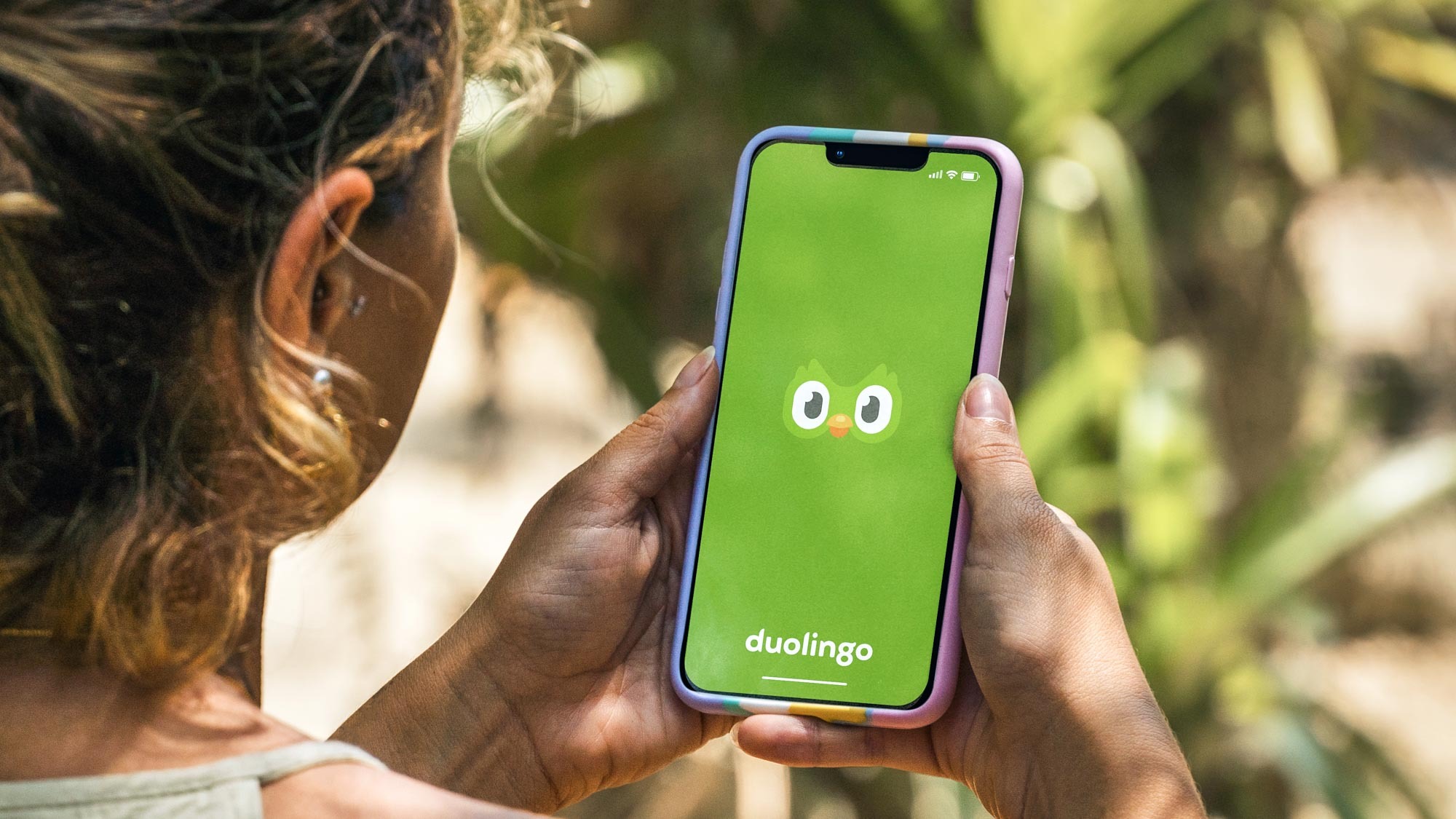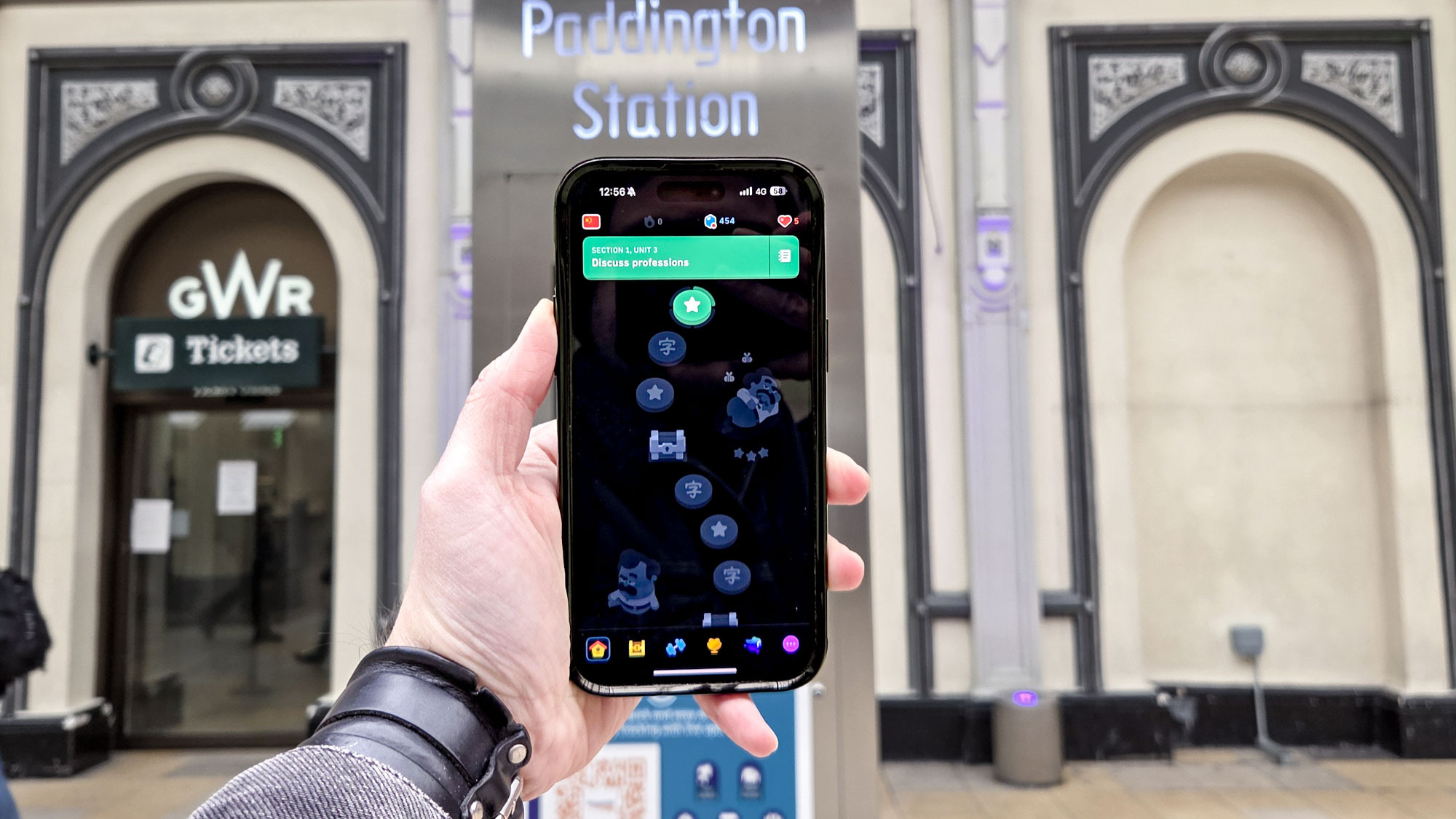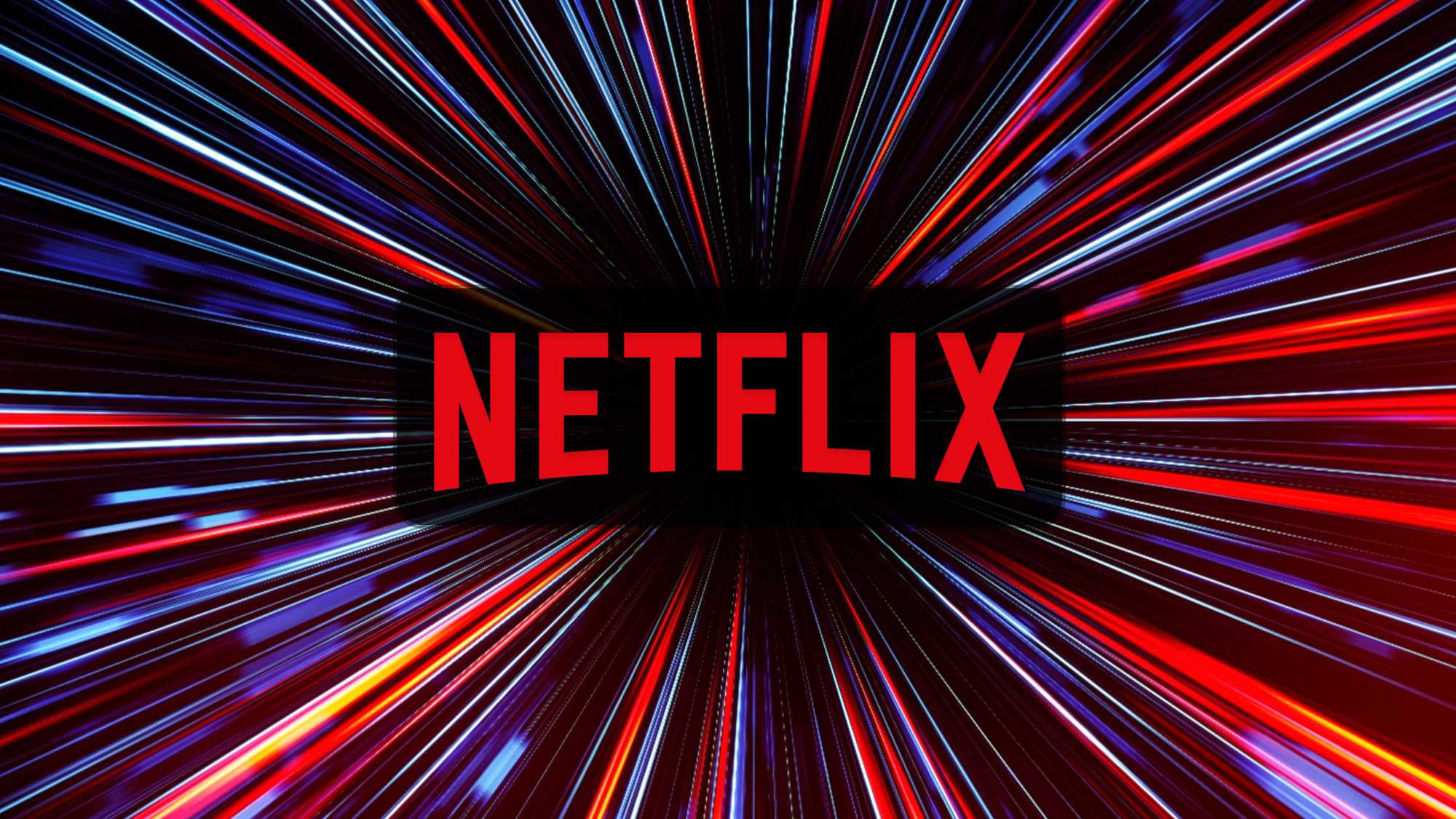Duolingo now plans to use AI instead of new hires or contractors where possible
A move that's gaining popularity in the tech world

Duolingo, the popular language-learning app, has set out its intention to become an “AI-first” company, with a plan to radically alter its hiring policies in the name of productivity and scale.
In an internal email penned by CEO Luis von Ahn to all staff shared by the official Duolingo LinkedIn account, it was revealed that the company plans to push this mindset with a handful of “constructive constraints” to aid the transition.
“When there’s a shift this big, the worst thing you can do is wait,” von Ahn writes, citing the company’s successful forward-thinking bet on mobile in 2012 as proof that early adoption can reap huge rewards. “Betting on mobile made all the difference. We’re making a similar call now, and this time the platform shift is AI,” he continued.
For von Ahn, the adoption of AI isn’t optional, but something essential to Duolingo’s mission. “To teach well, we need to create a massive amount of content, and doing that manually doesn’t scale,” he explains.
“One of the best decisions we made recently was replacing a slow, manual content creation process with one powered by AI. Without AI, it would take us decades to scale our content to more learners. We owe it to our learners to get them this content ASAP.”
All change

As a result, the memo represents an edict about how employees should think about artificial intelligence moving forward.
Work “that AI can handle” that is currently farmed out to contractors will be phased out, and use of artificial intelligence will become both a metric in the hiring and performance review processes.
Get instant access to breaking news, the hottest reviews, great deals and helpful tips.
Additionally, teams won’t be allowed to increase their employee headcount if they can automate more of the workload, and “most functions will have specific initiatives to fundamentally change how they work”.
Duolingo isn’t the first company to see AI as a transformation worthy of changing employment practices. Earlier this month, Shopify CEO Tobi Lutke publicly shared a similar memo he had sent, revealing that teams will have to prove a job can’t be automated before any new hires are approved. This is likely to be a trend we see over the next few months, and last month, Bill Gates predicted that almost every job would ultimately be replaced by AI.
Another big gamble
Teams won’t be allowed to increase their employee headcount if they can automate more of the workload
Despite the overt replacement of human labor with artificial intelligence, von Ahn writes that the business “will remain a company that cares deeply about its employees”. These steps aren’t about “replacing Duos with AI”, von Ahn insists, but rather a means of “removing bottlenecks so we can do more with outstanding Duos we already have.”
The bet on moving to mobile in 2012 was a daring one that proved to be correct. As van Ahn notes, Duolingo went on to win Apple’s iPhone App of the Year award in 2013, and the subsequent boost in users is what took the brand to the next level. All the same, a similar big bet on AI when it’s still prone to embarrassing errors and hallucinations is a huge gamble — especially if there are ultimately fewer humans to spot the mistakes.
With that in mind, one line from the memo may ultimately be quoted unflatteringly in future: “We can’t wait until the technology is 100% perfect. We’d rather move with urgency and take occasional small hits on quality than move slowly and miss the moment.”
More from Tom's Guide
- Google's new AI language tool could change how we learn languages — and Duolingo should be worried
- I use ChatGPT to tackle daily tasks — and these 5 prompts always deliver
- I tested ChatGPT vs Google for AI-powered shopping — and there's a clear winner
Freelance contributor Alan has been writing about tech for over a decade, covering phones, drones and everything in between. Previously Deputy Editor of tech site Alphr, his words are found all over the web and in the occasional magazine too. When not weighing up the pros and cons of the latest smartwatch, you'll probably find him tackling his ever-growing games backlog. He also handles all the Wordle coverage on Tom's Guide and has been playing the addictive NYT game for the last several years in an effort to keep his streak forever intact.
You must confirm your public display name before commenting
Please logout and then login again, you will then be prompted to enter your display name.
 Club Benefits
Club Benefits






